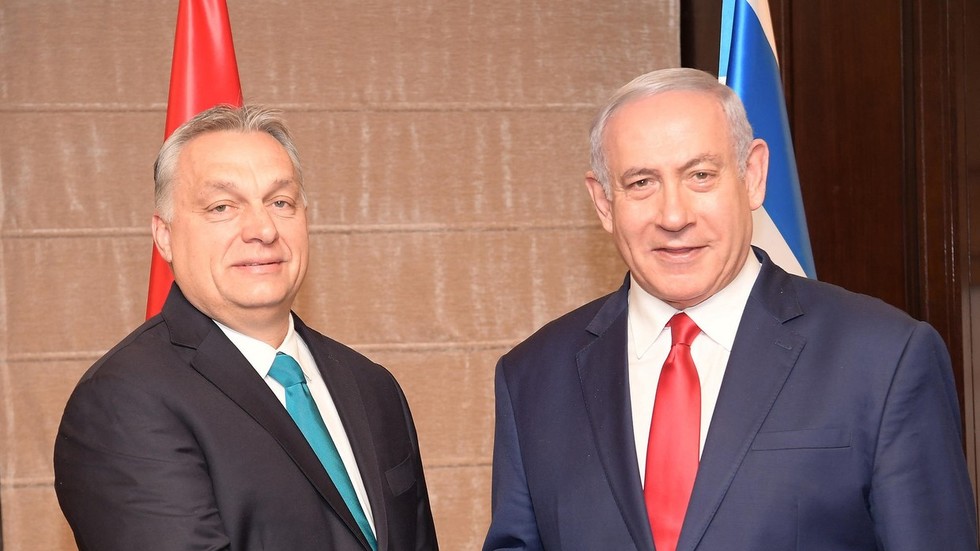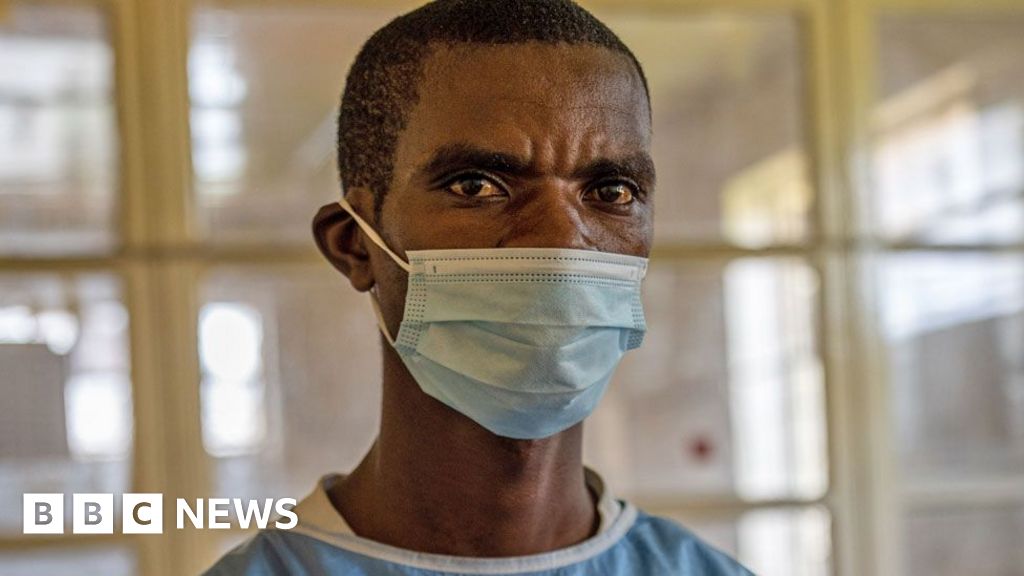Voters in the Dominican Republic head to the polls Sunday to choose the next president and members of parliament. With widespread support for his tough stance on migration from troubled neighbor Haiti, President Luis Abinader is poised for a comfortable re-election.
Voting officially began at 7:00 a.m. local time (1100 GMT) and will continue until 5:00 p.m., with the first results expected a few hours later.
Opinion polls show Abinader with 60% of voter support against 25% for his closest rival, Leonel Fernandez, a 70-year-old three-time ex-president. If Abinader exceeds 50% of the vote, he will win another term without the need for a second-round runoff vote.
Abinader's Modern Revolutionary Party is also poised to win a majority in Congress, according to opinion polls. The party won 120 of the 150 mayoral posts in February's municipal elections, which are considered a litmus test before the general elections.
 Incumbent Luis Abinader is poised to win the Dominican Republic's presidential electionImage: Federico Parra/AFP
Incumbent Luis Abinader is poised to win the Dominican Republic's presidential electionImage: Federico Parra/AFPOne of the most popular leaders in the Americas
Millionaire businessman Abinader was elected in 2020 in the midst of the Covid pandemic. He promised to restore trust in government after several high-profile corruption scandals involving public officials.
Abinader's anti-corruption agenda and push for economic growth in the Dominican Republic have struck a chord with many of the Caribbean nation's roughly 8 million eligible voters.
But much of his popularity has been fueled by the government's crackdown on Haitians and the Dominican Republic's border with its troubled neighbor.
The two nations share the Caribbean island of Hispaniola, but the more prosperous Dominican Republic stands in stark contrast to its chaos-plagued neighbor, which has been rocked by months of gang violence.
In office, he began building a 164-kilometer (102-mile) concrete wall along the border with Haiti to keep out undocumented migrants. He also had more than 250,000 people deported in 2023.
How the West messed with Haiti
Kenya says Haiti deployment due in 'few weeks'
The Dominican Republic has long taken a hard line on Haitian migrants, but such policies have intensified since Haiti went into free fall following the assassination of President Jovenel Moise in 2021.
Abinade has repeatedly called on the United Nations to send an international force to Haiti, saying such action "cannot wait any longer."
Meanwhile, a Kenyan official said on Sunday that Kenyan police will be deployed to Haiti within the next few weeks to lead a United Nations-backed multinational mission aimed at tackling gang violence.
"That deployment will happen in the next few days, few weeks," Korir Sing'Oei, Kenya's Principal Secretary for Foreign Affairs, told reporters. Kenyan President William Ruto travels to Washington in the coming week to meet his US counterpart Joe Biden on May 23.
Kenya pledged last July to send up to 1,000 troops to Haiti, an offer welcomed by the United States and other nations that had ruled out the deployment of their own forces on the ground.
But the mission has faced legal challenges: Kenyan petitioners in an ongoing case accuse the county's government of "blatantly" ignoring a January court order banning the deployment as unconstitutional and illegal.
The mission was cast into further doubt as gang violence intensified in Haiti and as the nominally interim government of Prime Minister Ariel Henry collapsed.
dh/msh (AP, AFP, Reuters)

 6 months ago
33
6 months ago
33








